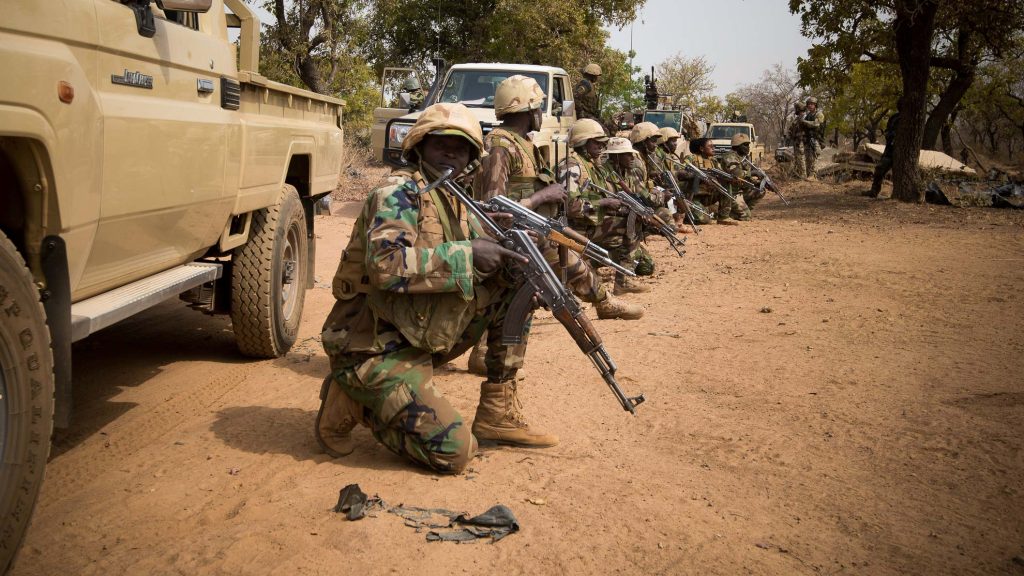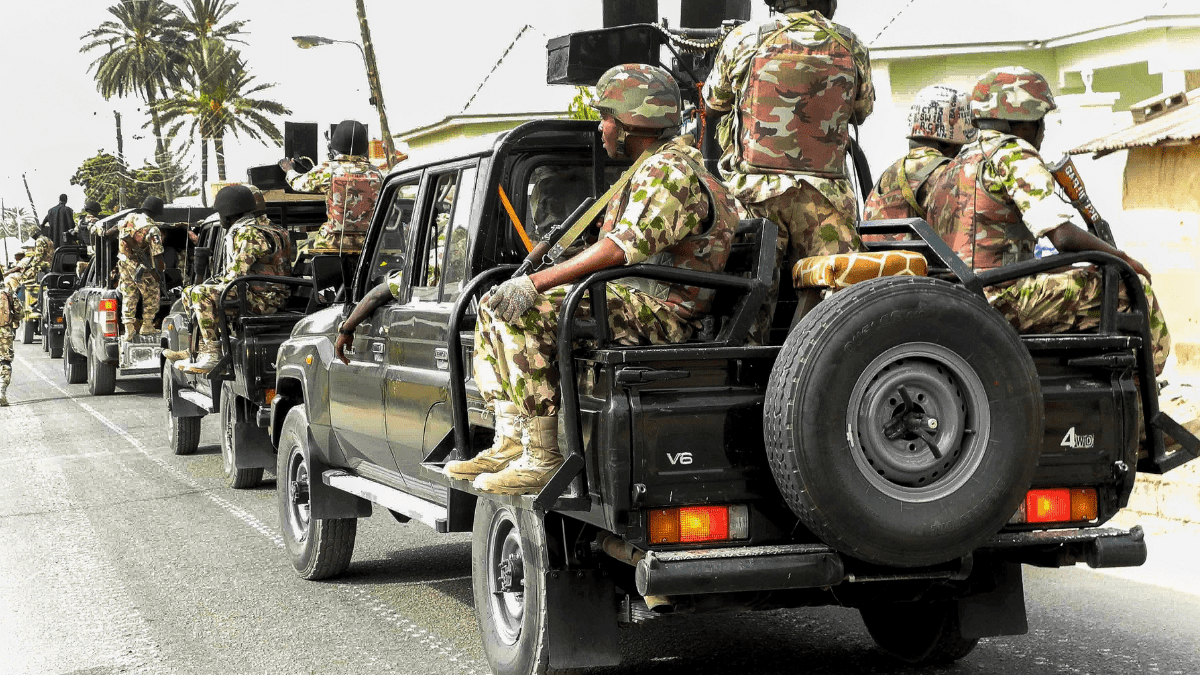The Nigerian Army has reaffirmed that interagency cooperation remains a crucial pillar in the ongoing battle against insurgency and terrorism in the country. This emphasis was made during the graduation ceremony of the Leadership Skills Development Course 12, 2025, held in Abuja, the Federal Capital Territory.
Major General Sodiq Ndalolo, Chief of Training for the Nigerian Army, highlighted the importance of collaboration between military and other security agencies in tackling complex security challenges. His remarks were delivered on his behalf by Major General Saidu Audu. Addressing the graduating officers, he urged them to fully implement the principles of interagency cooperation imparted during their training.
He explained that the rapidly changing dynamics across operational theatres in Nigeria necessitate close coordination with other arms of the security architecture to ensure successful mission outcomes. The Leadership Skills Development Course, he noted, is tailored to cultivate innovative thinking and enhance critical decision-making among Nigerian Army personnel, enabling them to respond effectively to the nation’s evolving security landscape.
The course also aims to instil practical leadership skills that are results-oriented, alongside building emotional intelligence among officers. These qualities are essential in addressing both ongoing and emerging security challenges, whether through direct military engagement or non-kinetic strategies.

“As leaders at various levels of command, your ability to think fast and exercise control over your troops is fundamental to the success and development of the Nigerian Army and the nation as a whole,” Ndalolo said.
In a similar vein, the Director General of the Nigerian Army Resource Centre, Major General Garba Wahab (Retired), expressed confidence that the officers would apply their newly acquired skills effectively in their future roles. He acknowledged the vital support of the Department of Training in ensuring the success of such programmes, especially those tailored specifically for military personnel.
Wahab stressed the importance of applying what has been taught: “It is the application that matters. If you don’t apply the knowledge, like I mentioned in one of my lectures, the exercise of the venture is wasted. And the space in the brain occupied, it might be minimal, but the knowledge you have acquired in the past two weeks is wasted.”
Brigadier General Emmanuel Karau, Acting Director of the Leadership Development Institute, provided an overview of the course. He explained that the programme is designed to arm army personnel with the core competencies required for effective leadership in a complex security environment. Key areas covered include leadership variables, critical thinking, creativity, and interagency coordination—all intended to foster adaptive, responsive, and strategic leadership.
At the conclusion of the event, certificates were presented to all graduating officers, marking the successful completion of their training.


 Trending
Trending 